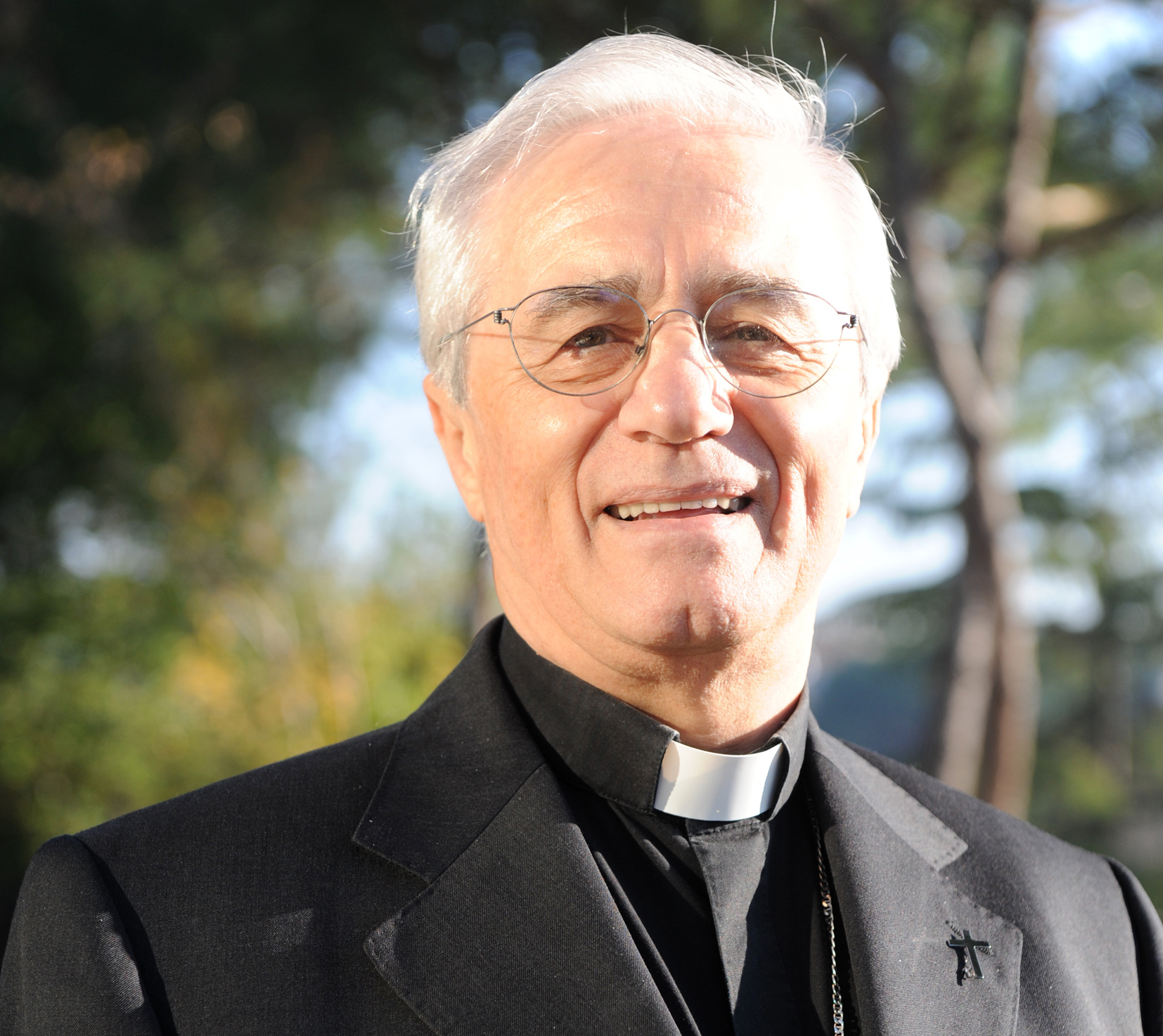COMECE AGENDA
Mons. Ambrosio presented the work of COMECE, of which he is the Vice-President, at the CCEE assembly. Priorities include EU integration and the environment

An assembly that assumed the features of a pilgrimage to the places where Jesus lived is the major trait of the plenary meeting of the Council of European Bishops’ Conferences (CCEE) in the Holy Land – Capernaum, Mi’ilya, Nazareth, Magdala, Jerusalem and Bethlehem – from 11 to 16 September. Among participants figure Msgr. Gianni Ambrosio, Bishop of Piacenza-Bobbio (Italy), in his capacities as Vice-President of the Commission of the Bishops’ Conferences of the European Community (COMECE), (Msgr. Ambrosio was accompanied by COMECE Secretary General, Fr. Patrick Daly), another ecclesial body that deals with European issues, with reports on the activities underway in the Brussels’ office. Gianni Borsa and Daniele Rocchi interviewed him for SIR Europe. Both an assembly and a pilgrimage… “In the past days major emphasis was given to the centrality of the Gospel message and the figure of Christ – even from a historical and geographic perspective. This is the place where Christ’s Incarnation ‘speaks’ and is strongly perceived. Indeed, we are called to live the mystery of the Incarnation in our countries. So the question is: how we can bring, today, the testimony of the resurrection and the joy that flows from it across our European Continent, which in many ways has forgotten Christ? Under many angles Europe seems to have lost its horizon; the richness of Christian humanism risks going missing. It must be ensured that Christ’s thriving headspring is rediscovered as light and grace for our journey today. It can be said that this is a lesson that stems from this meeting-pilgrimage”. Is it possible to make a “historical comparison” with the time of Jesus? “The Lord announced the good news to many people, but few of them heard the message. Among these, were a small group of disciples. But that small group of simple people, with so much enthusiasm and charity was able to transmit the new life it came to know. This can be compared to what is happening in Europe today. Many reject the message of Christ, or flaunt indifference. As a Church we must continually proclaim the Gospel and create a surplus of hope, even where it seems to be absent, as Jesus did. Pope John Paul II in the apostolic exhortation ‘Ecclesia in Europa’ wrote: our Continent risks loosing hope, but also the Church… This pilgrimage helps recover the confidence and the courage to proclaim the Word of God in our times, in our Country, that need to boost their hope!” Could you describe an especially touching moment? “There were many. These include the feast of the Exaltation of the Cross celebrated with the Catholic community of the Greek Melkite rite in the village of Mi’ilya, in northern Israel. A large crowd of people attended the event, and I could see the emotion on the faces of many fellow bishops present. It’s a small community that has managed to preserve the faith tenaciously, despite countless difficulties. And then I remember the evening with families and students of Catholic schools in Nazareth, protesting to defend freedom of education. We also received a clear message as regards the commitment to promote pilgrimages to the Holy Land. For those who live here these are signs of closeness, a source of economic livelihood for the local population and a reminder for us to be close to these Christians who live in a complex reality. Moreover, in Europe, and we European Christians, should somehow get rid of our provincial outlook. It’s no longer a question of Eurocentrism, since Europe is a small part of the contemporary world, which is now polycentric. It is necessary to come to grips – in many respects: cultural, economic, political, religious – with a changed, evolving reality. Here it is well understood”. A world that is in turmoil: we see it for example with migration flows that start from afar, from the Middle East, and arrive in our home countries. “These challenges show that we are unprepared. In terms of hospitality, as well as on the cultural level: our mindset, our habits and traditions are not valid for all people. The refugees arriving in Europe highlight the need for a cultural exchange that we are not always prepared for”. Mons. Ambrosio, at yesterday’s CCEE assembly you represented COMECE: which items top the agenda in Brussels? “First of all I wish to point out that we have recently released a statement on the refugee issue. In late October we will convene in Paris where we will address the ecological question in the light of the document “Laudato si ‘”, also in view of the international conference on climate change to be held a month later in Paris. Another topic on the agenda is the TTIP, the trade agreement between the EU and the United States under negotiation, and particularly the social and ethical aspects, which it calls into question. A document is expected by COMECE, together with the Commission for social affairs of US bishops, or a document signed by the two presidents. As COMECE we will undertake a general reflection on the Community integration process. In the light of the current difficulties there is the urgent need to recover the founding values of European unity, to correct the route and restart the journey”.